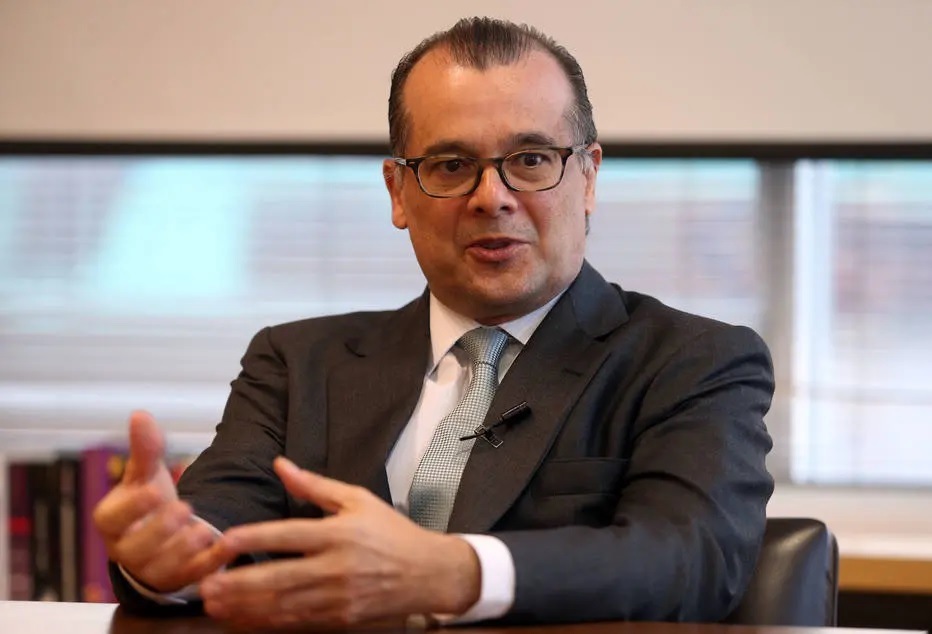RIO DE JANEIRO, BRAZIL – Brazilian interest rates reached almost 50 percent when Gustavo Franco was in charge of the Central Bank in late 1998, and the country sought to protect economic stability from the impacts of the Asian and Russian crises. Now, over 20 years later, the economist considers that Brazil may even utilize a negative interest rate strategy to counter the coronavirus pandemic.

“What an extraordinary thing, the country that was once the world champion of interest rates is now able to have very low interest rates,” says the ex-president of the Central Bank and founding partner of Rio Bravo Investments, over a telephone interview.
Last week, the Central Bank cut the SELIC to a historic low rate of 2.25 percent per annum and left room for a further cut, albeit on a smaller scale. The monetary relief aims to boost an economy that may experience a 6.5 percent recession and inflation well below the target level this year, the result of months of deflation.
“One can wonder if Brazil won’t experience an environment of very low or negative rates,” Franco says. The trend is occurring in developed countries and could happen in Brazil unless the Central Bank is able to get credit to smaller companies. In this case, the Central Bank would again need to have two interest rates, one to borrow and the other to lend funds, like other monetary authorities, he says.
Central Bank credibility
In addition to the impact of the coronavirus crisis, which has already infected over one million people and killed 50,000 in the country, Gustavo Franco says that the Central Bank’s credibility has been decisive in managing the system of inflation targets. Even before the disease settled in the country, the Central Bank was testing record low levels of the basic lending rate.
A popular proponent of tax reforms and privatizations, Franco says that not even the deterioration in public accounts caused by spending on the pandemic is preventing a drop in inflation and interest rates. “There was an assumption that we would only have such low interest rates with a substantially better fiscal policy, but the low interest rates are owed to the credibility achieved by the Central Bank”.
Nevertheless, he advocates that spending to tackle the pandemic should be transitory, in order to avoid further fiscal deterioration.
For the ex-president of the Central Bank, the public sanitation bill, prepared with the aim of increasing private investment in the sector, may have its approval helped by the threat of the coronavirus – the vote is scheduled for this week in the Senate. “The pandemic has shown how crucial it is for the population to have a sewage and water system.”
Source: Bloomberg

